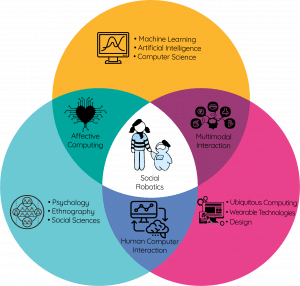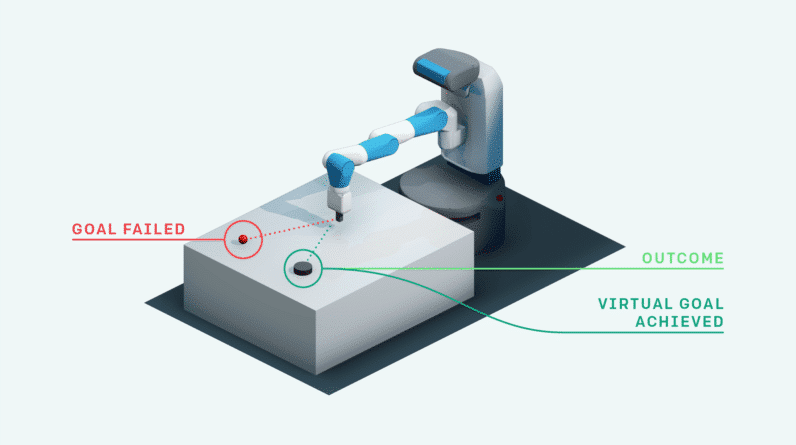In this article, we explore the growing intersection of artificial intelligence and the aging population. With advancements in AI technology, caregivers and healthcare providers have a unique opportunity to enhance elderly care and promote independence among seniors. From smart home devices to virtual companions, AI has the potential to revolutionize the way we support and assist the elderly in their daily lives. Join us as we delve into the exciting possibilities that AI brings to the aging population.
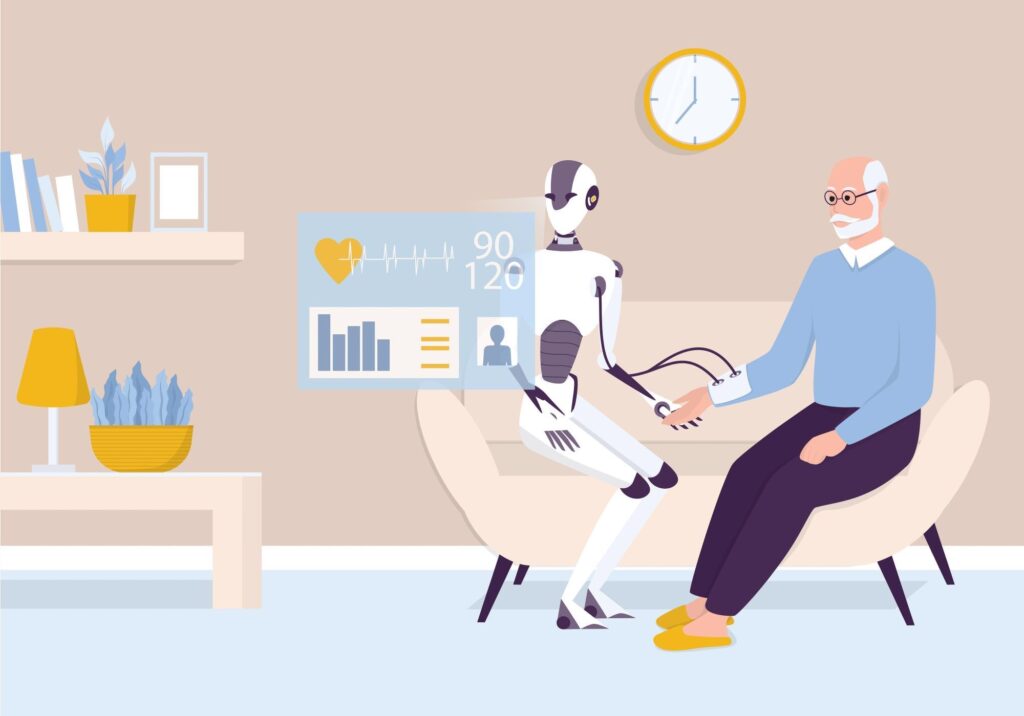
Understanding the Aging Population
As the global population continues to age, it is important to gain a deeper understanding of the unique challenges faced by the elderly. The aging population refers to individuals who are 65 years of age or older, and this demographic group is growing at an unprecedented rate. With advancements in healthcare and improved living conditions, people are living longer, which is leading to significant changes in the composition of society.
Demographics of the Aging Population
The demographics of the aging population vary across different regions and countries. Factors such as birth rates, life expectancies, and healthcare systems all contribute to the size and characteristics of this population. According to the World Health Organization (WHO), the global population of individuals aged 60 and over is expected to reach 2 billion by 2050. This demographic shift has profound implications for healthcare systems, social services, and economies worldwide.
Challenges Faced by the Aging Population
With aging comes a variety of challenges that can impact the health, independence, and overall well-being of individuals. Some of the common challenges faced by the aging population include physical and cognitive decline, chronic diseases, social isolation, and a lack of access to appropriate healthcare and support services. These challenges can significantly affect the quality of life for older adults and place a greater burden on caregivers and healthcare systems.
The Role of AI in Elderly Care
Artificial Intelligence (AI) has the potential to revolutionize the way we care for the elderly population. By leveraging advanced technologies, AI can assist in overcoming some of the challenges faced by older adults and enhance their quality of life. The integration of AI in elderly care offers numerous benefits and opens up new possibilities for providing personalized and efficient healthcare services.
Benefits of AI in Elderly Care
AI has the ability to improve the overall care and well-being of the elderly population in various ways. Firstly, AI technologies can enhance the efficiency and accuracy of medical diagnoses, leading to early detection and better management of health conditions. Secondly, AI-powered devices and systems can provide continuous monitoring of vital signs, ensuring timely intervention in case of emergencies. Additionally, AI can assist in promoting social engagement and companionship for older adults, mitigating the effects of social isolation.
Applications of AI in Elderly Care
The applications of AI in elderly care are diverse and encompass various aspects of healthcare and daily living. AI-powered systems can be used for health monitoring, fall detection, medication management, and personalized care planning. Smart home assistants and virtual companions can provide support and assistance with daily activities, offer reminders for medication and appointments, and even engage in conversation to combat loneliness. Assistive robotics and mobility solutions enable older adults to maintain their independence and perform tasks they may find challenging due to physical limitations.
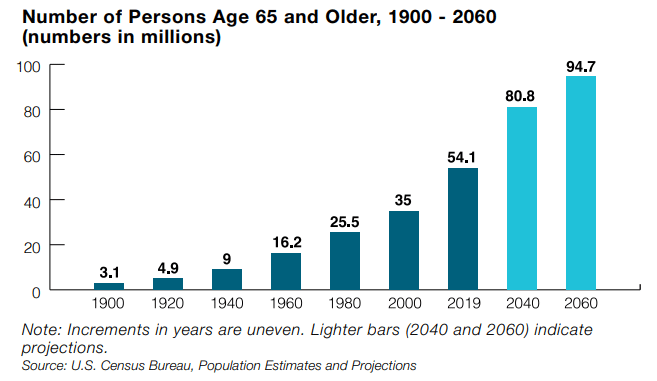
Enhancing Elderly Care with AI
AI has the potential to significantly enhance the quality of care for the elderly population. By developing and implementing AI technologies specifically designed for elderly care, we can address the unique needs and challenges that older adults face on a daily basis.
Smart Home Assistants
One of the key areas where AI can make a significant impact is in the development of smart home assistants. These devices are equipped with voice recognition capabilities and can perform a wide range of tasks to assist older adults in managing their homes and daily routines. From controlling household appliances to providing weather updates and answering questions, smart home assistants offer convenience and support to older adults.
Virtual Companionship
Loneliness and social isolation are major issues faced by many elderly individuals. AI-powered virtual companions can provide meaningful interactions and companionship, helping to alleviate feelings of loneliness. These companions can engage in conversation, play games, share stories, and provide emotional support. By simulating human-like interactions, virtual companions can enhance the well-being and mental health of older adults.
Health Monitoring Systems
AI technologies can play a crucial role in monitoring the health status of older adults. Advanced sensors and wearable devices can continuously collect data on vital signs, sleep patterns, and activity levels. AI algorithms can analyze this data to detect any abnormalities or changes that may require medical attention. Health monitoring systems can provide real-time feedback to both the individual and healthcare professionals, enabling early intervention and preventive care.
Promoting Independence with AI
Maintaining independence is crucial for the well-being and dignity of older adults. AI can empower older adults by providing them with tools and technologies that enable them to live independently for longer periods. By addressing mobility issues, medication management, and daily living tasks, AI can help older adults maintain a sense of autonomy and reduce the need for constant assistance.
Assistive Robotics
AI-powered assistive robots can assist older adults in performing tasks that may be physically challenging or unsafe. These robots can help with activities such as lifting objects, cleaning, and even personal care. By providing physical support and assistance, assistive robots promote independence and allow older adults to live in their own homes for longer periods.
Mobility Solutions
Loss of mobility is a common challenge faced by older adults, which can restrict their ability to engage in daily activities and social interactions. AI technologies can help overcome these limitations by providing mobility solutions such as powered wheelchairs or exoskeletons. These devices utilize AI algorithms to anticipate and respond to the user’s movements, enabling greater freedom of movement and enhancing the overall quality of life.
Medication Management
Older adults often struggle with managing their medications effectively, which can lead to adverse health events. AI-powered medication management systems can simplify and streamline the process by providing reminders, dispensing medications at the appropriate times, and monitoring adherence. These systems can significantly improve medication compliance and reduce the risk of medication errors.
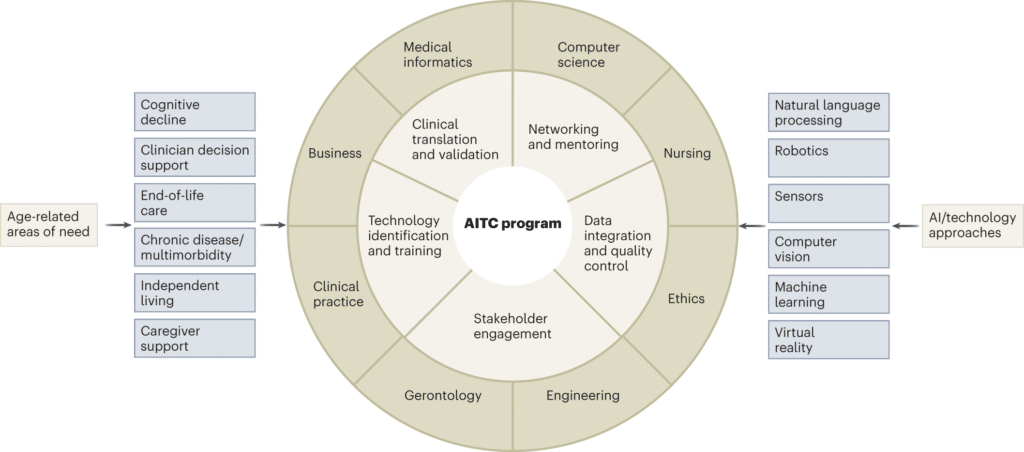
Ethical Considerations
While AI has the potential to transform elderly care, it is important to consider the ethical implications of integrating AI technologies into the lives of older adults. Several ethical concerns need to be addressed to ensure the responsible and ethical use of AI in elderly care.
Privacy Concerns
The collection and use of personal health data by AI systems raise privacy concerns. It is crucial to establish strong safeguards and regulations to protect the privacy and confidentiality of older adults’ health information. Transparent data practices, informed consent, and secure data storage are essential to maintain trust and ensure the ethical use of AI technologies.
Lack of Human Interaction
While AI can provide companionship and support, it cannot fully replace human interaction. It is important to strike a balance between the use of AI and maintaining meaningful human connections. Caregivers and healthcare professionals play a vital role in providing emotional support and empathy, which cannot be replicated by AI systems alone.
Dependence on Technology
As older adults become more reliant on AI technologies, there is a risk of overdependence and reduced self-esteem. It is essential to empower older adults to maintain control over their lives and decisions, ensuring that AI is used as a tool to enhance independence rather than replace it.
Implementing AI in Elderly Care
The successful implementation of AI technologies in elderly care requires careful planning, training, and collaboration between caregivers, healthcare professionals, and technology experts.
Training and Education for Caregivers
Caregivers who work with the elderly must receive adequate training and education to maximize the benefits of AI technologies. This includes understanding how AI systems work, how to use them effectively, and how to address any potential issues or concerns that may arise. Ongoing education and support are essential to ensure that caregivers are equipped with the necessary knowledge and skills to provide optimal care.
Integration of AI Technologies in Healthcare Facilities
Healthcare facilities need to adopt and integrate AI technologies into their existing systems and workflows. This includes implementing electronic health records, telemedicine platforms, and AI-powered diagnostic tools. Collaboration between healthcare professionals and technology experts is essential to design and implement solutions that are tailored to the specific needs of older adults.
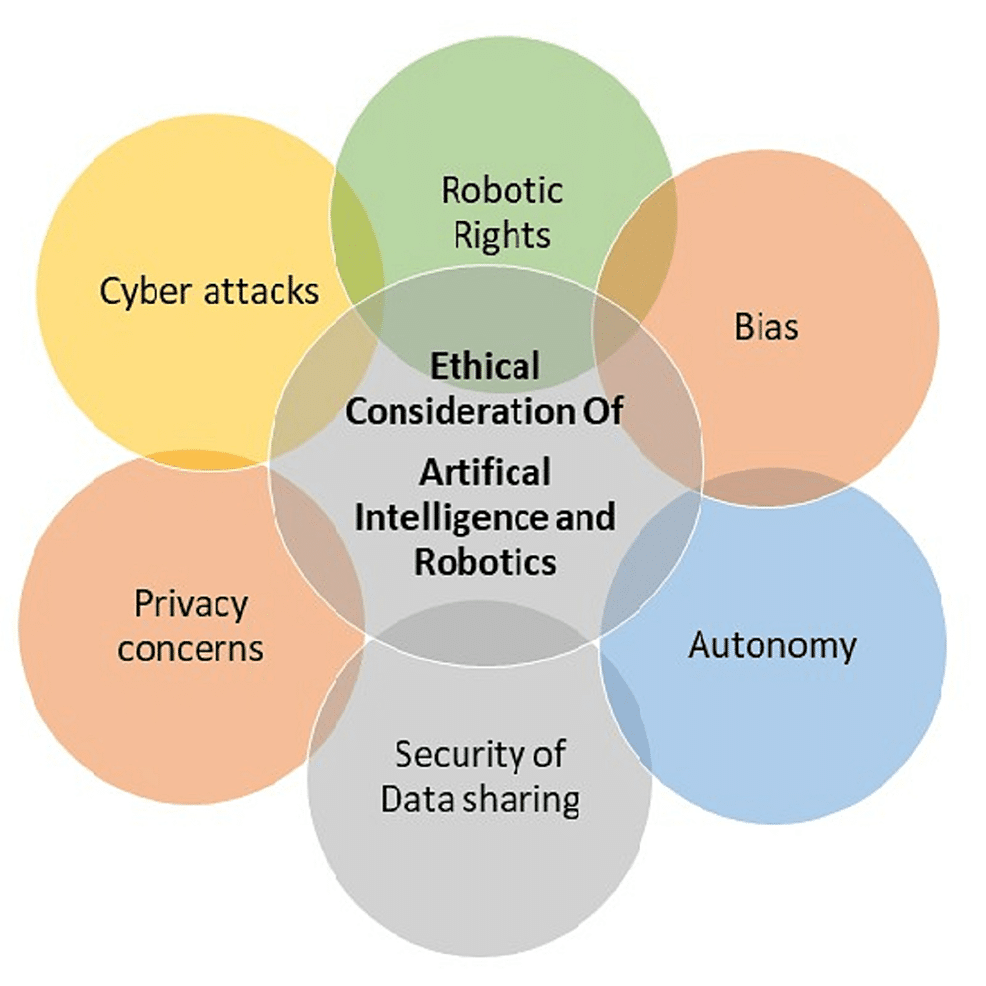
Overcoming Barriers to AI Adoption
To fully leverage the potential of AI in elderly care, it is crucial to address the barriers that hinder the widespread adoption of these technologies.
Expanding Access to Technology
There is a digital divide among older adults, with many facing challenges in accessing and using technology. Efforts should be made to ensure that older adults have access to affordable and user-friendly devices and platforms. Community centers, senior organizations, and government initiatives can play a crucial role in bridging the digital divide and providing access to AI technologies.
Affordability of AI Solutions
Cost is a significant barrier to the adoption of AI technologies in elderly care. Solutions need to be affordable and accessible to both individuals and healthcare providers. Governments, insurance companies, and technology developers should collaborate to develop pricing models and reimbursement strategies that promote affordability and incentivize the implementation of AI in elderly care.
Addressing Technological Literacy
Older adults may have limited technological literacy and confidence in using AI technologies. Training programs and educational initiatives should be implemented to enhance technological skills and empower older adults to use AI-powered devices and systems effectively. Support from caregivers and family members is also crucial in fostering acceptance and adoption of AI solutions.
Impact of AI in Elderly Care
The integration of AI technologies in elderly care has the potential to create a positive and significant impact on various aspects of healthcare and the lives of older adults.
Improved Healthcare Outcomes
AI can enhance healthcare outcomes for older adults by providing more accurate and timely diagnoses, personalized treatment plans, and continuous monitoring of health conditions. Early detection and intervention can prevent complications, reduce hospitalizations, and improve overall quality of life for older adults.
Reduced Healthcare Costs
By enabling early detection and preventive care, AI technologies can help reduce the burden on healthcare systems and lower healthcare costs. Timely interventions and optimized healthcare resources can lead to better health outcomes and reduce the need for expensive medical interventions.
Enhanced Quality of Life
The integration of AI in elderly care can significantly enhance the quality of life for older adults. Smart home assistants, virtual companions, and assistive technologies empower older adults to maintain their independence, engage in meaningful social interactions, and perform daily activities more easily. AI technologies can alleviate the effects of social isolation, promote mental well-being, and improve overall quality of life.
Future Prospects
The future of AI in elderly care is promising, with ongoing advancements and innovations in AI technologies that have the potential to further enhance the care and independence of older adults.
Advancements in AI Technologies
The field of AI is constantly evolving, and advancements in machine learning, natural language processing, and robotics hold great potential for improving elderly care. Future AI systems may become more sophisticated and capable of understanding and responding to human emotions, providing even more personalized and empathetic care.
Customization of AI Solutions
As AI technologies continue to develop, there will be an increased focus on customizing solutions to meet the specific needs and preferences of older adults. Personalization and adaptability will be key factors in ensuring that AI technologies effectively cater to the unique circumstances and challenges faced by each individual.
Collaboration between AI and Human Caregivers
The future of AI in elderly care lies in the collaboration between AI technologies and human caregivers. AI can augment the skills and capabilities of caregivers, enabling them to provide more personalized and efficient care. The integration of AI into existing care models will require collaboration and cooperation between healthcare professionals, technology developers, and policymakers.
Conclusion
AI has the potential to transform elderly care by addressing the challenges faced by the aging population and promoting independence, quality of life, and well-being. By leveraging AI technologies such as smart home assistants, virtual companions, and assistive robotics, we can enhance healthcare outcomes, reduce healthcare costs, and empower older adults to live independently for longer periods. However, it is crucial to address ethical considerations, overcome barriers to adoption, and ensure proper training and integration to maximize the benefits of AI in elderly care. With ongoing advancements and collaborations, the future prospects for AI in elderly care are promising, offering the potential for even greater advancements and customization to meet the unique needs of older adults.

